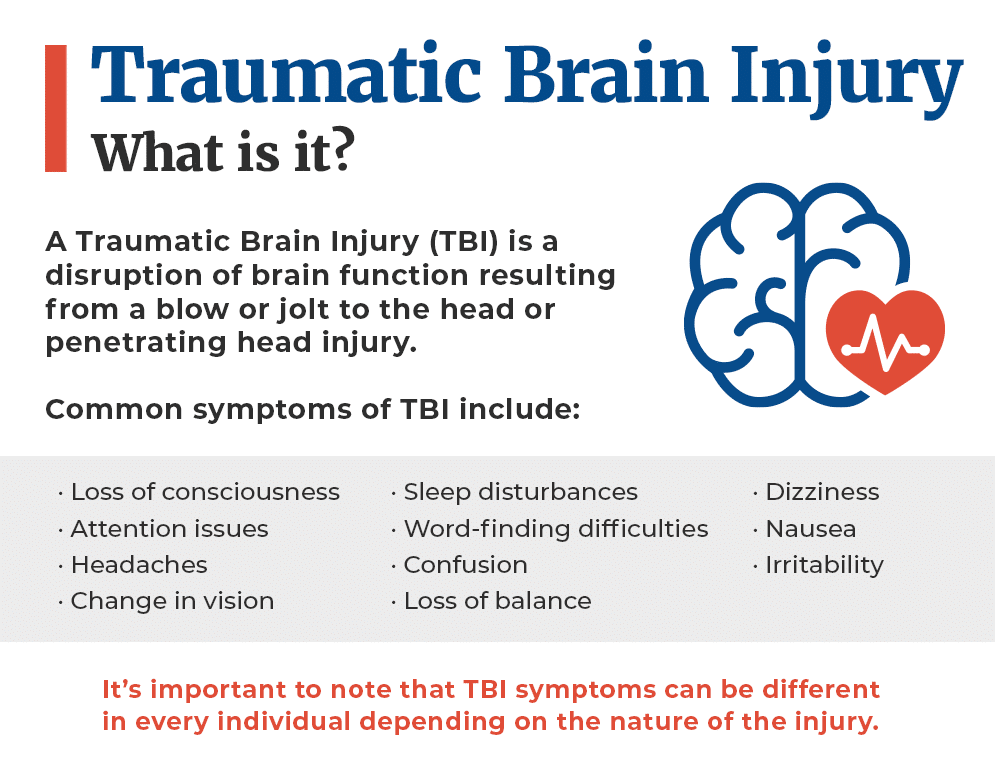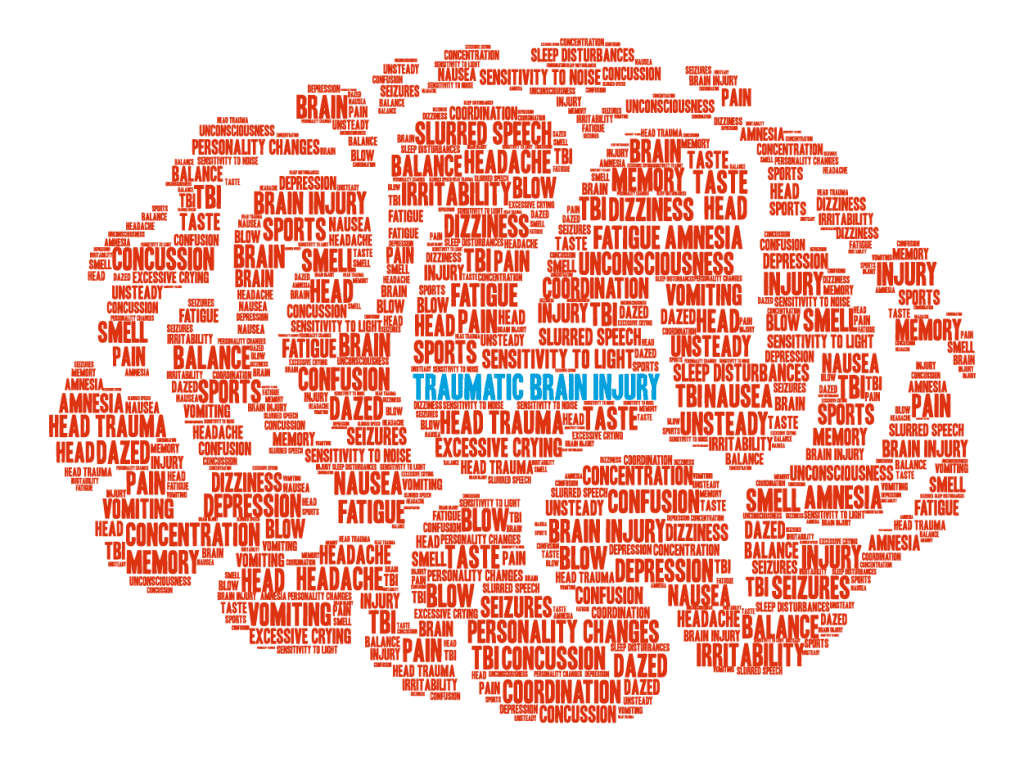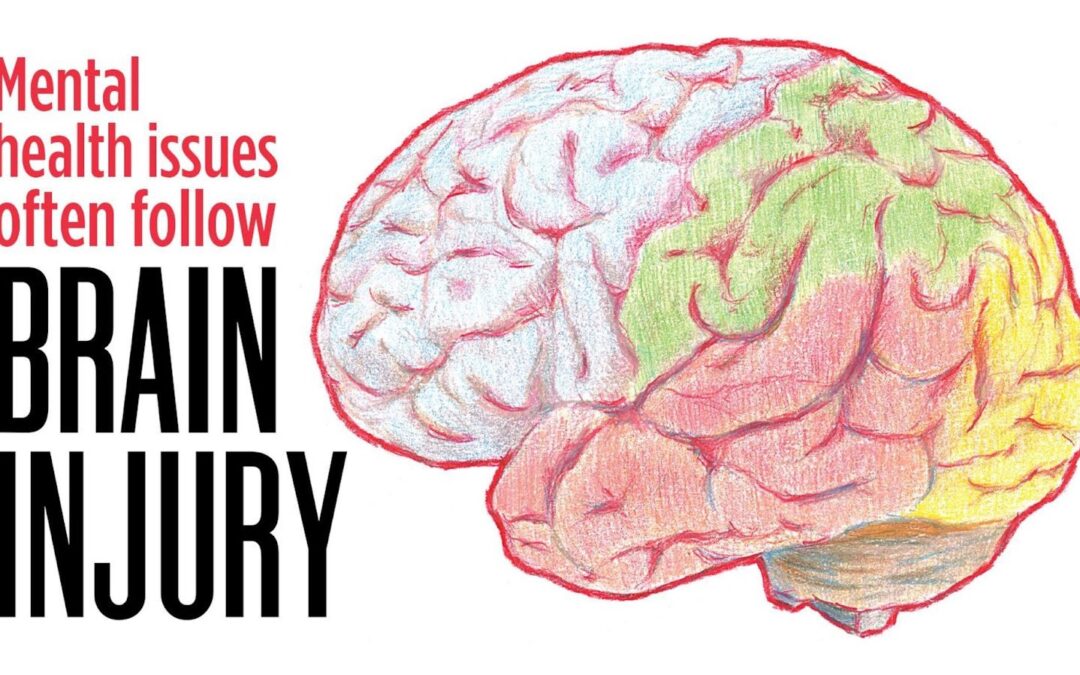Traumatic brain injury and mental health issues have a complicated relationship. Sometimes TBI is a separate condition from psychiatric disorders, while other times the two can exacerbate each other. This post will explain the link between traumatic brain injuries and mental health problems. It will also look at some of the most frequent psychiatric conditions that can arise after a TBI. Finally, we will show what treatments are available for those suffering from traumatic brain injury and mental health disorders and discuss how family members can offer support. Finding traumatic brain injury help in Salt Lake City Utah can be difficult. Contact New Roads Behavioral Health can be a great place to start.
Brain injury significantly increases a person’s risk of developing a mental health disorder. For example, a traumatic brain injury increases a person’s risk of schizophrenia by 65 percent and depression by 59 percent, according to a large-scale study from the University of Copenhagen.
In addition, even a mild traumatic brain injury and mental health problems can increase a person’s susceptibility to mental health symptoms. In fact, 20 percent of mild TBI patients can experience mental health disorders up to six months after their injury.
However, not all TBI patients with mental health symptoms will be diagnosed with a psychiatric condition. For a doctor to diagnose you with a specific mental health condition, you must display all the traits of that disorder set out in the Diagnostic and Statistical Manual of Mental Health Disorders (DSM-5).
For instance, many TBI patients suffer from extreme mood swings which also occur in bipolar disorder. But they may not receive a bipolar disorder diagnosis if they do not meet the other requirements.

Types of Mental Health Disorders After Brain Injury
Sometimes, however, people with brain injuries will display all the necessary symptoms to be officially diagnosed with a mental health disorder. The following are some of the most common conditions that patients can experience after brain injury:
Major Depressive Disorder
Major depressive disorder (also known as clinical depression) is the most serious form of depression and is a common mental health disorder following brain injury.
To receive a diagnosis of clinical depression, you must display 5 of the following symptoms over at least two weeks:
- Sad or irritated most of the day
- Loss of interest in activities you once enjoyed
- Trouble staying asleep
- Sleeping more than usual
- Restlessness
- Difficulty concentrating and foggy thinking
- Feelings of worthlessness or guilt
- Suicidal thoughts
Unfortunately, many traumatic brain injury and mental health patients exhibit these symptoms. In fact, one study followed 91 TBI patients for six months and found that 33 percent met the criteria for major depressive disorder during that time.
Some causes of depression after TBI could include changes in brain chemistry due to the trauma, along with significant lifestyle changes due to the secondary effects of brain injury, such as requiring a wheelchair or being unable to return to work. However, the good news is, depression is very treatable with a combination of talk therapy and medication.
Contact New Roads Behavioral Health to help diagnose traumatic brain injury and to receive traumatic brain injury help in Salt Lake City Utah
Mania
Mania is on the opposite side of the mental health spectrum from depression. It refers to periods of great excitement and hyperactivity. For a doctor to diagnose you with mania, you must experience three of the following symptoms for over a week:
- Reduced need for sleep
- Rapid, excessive talking
- Racing thoughts
- Impulsive and risky behavior
- Abnormally high self-esteem
- Pacing or fidgeting
- Disorientation or disorganized thoughts
- You can also experience hallucinations during a manic episode
While mania is less common in TBI patients than depression is, it still affects about 9 percent of survivors. In addition, people with mania caused by TBI are less likely to experience euphoria and are more likely to engage in risky, impulsive behavior. Fortunately, therapy can help patients learn to regulate their behavior again.
Post-Traumatic Stress Disorder
PTSD normally occurs after a significant, traumatic event like combat, assault, or near-death experiences. It can also occur after a brain injury, especially since these traumatic events can result in sustaining a brain injury.
The symptoms of PTSD include:
- Involuntary reminiscing of the life-threatening event
- Avoiding people and places that remind you of your injury
- Emotional numbness and feeling detached from friends and family
- Overwhelming feelings of shame and guilt
- Constantly feeling on your guard, irritable, or easily startled
- Anxiety and insomnia
- Angry outbursts
- Many of these symptoms also overlap with other TBI symptoms. However, what defines PTSD is feeling immobilized by them
According to one study, around 27 percent of severe brain injury survivors displayed signs of post-traumatic stress disorder. Research also indicates that cognitive-behavioral therapy and meditation are effective treatments for PTSD symptoms.
Psychosis
Psychotic breaks are among the least common mental health disorders to appear after brain injury. While psychosis is not an official diagnosis in the DSM-5, many other mental health disorders, such as schizophrenia, include symptoms of psychosis in their diagnostic criteria. Patients that do suffer from psychosis typically develop symptoms within the first year. Sometimes symptoms can appear after five years. To help Break down the symptoms you are noticing, contact New Roads for traumatic brain injury help in Salt Lake City Utah.
Symptoms of psychosis include:
- Auditory and visual hallucinations
- Paranoid or persecutory delusions
- Aggression
- Nonsense words
- Rapid speech
- Anti-social behavior
- Disorganized thoughts and behavior
When psychosis follows a brain injury, the most common symptom is auditory hallucinations. In fact, according to one study, 93 percent of TBI patients with psychosis reported hearing voices in their head that weren’t their own.
It’s important to recognize that psychosis, while serious, is treatable with the right medications. Therefore, patients and their loved ones should not feel ashamed and try to hide their symptoms but should seek help from their doctor right away.
Obsessive-Compulsive Disorder
Obsessive-compulsive disorder is a much rarer condition among those with TBI than the other mental health disorders mentioned so far. OCD refers to a thought disorder characterized by unreasonable thoughts and fears (obsessions) that lead to behaviors that seek to relieve these fears (compulsions).
Only about 1 percent of brain injury patients display all the symptoms of true OCD. This is about the same rate as the general population.
With that said, many TBI survivors do exhibit repetitive and obsessive behavior, which can look a lot like OCD. Doctors refer to these behaviors as perseveration. However, to qualify as true OCD, the behavior must offer temporary relief from anxiety.

Treating Brain Injury and Mental Health Together
Treating a mental health disorder after brain injury will require support from a variety of professionals. If possible, it’s best to seek the help of a neuropsychologist: a trained clinical psychologist who specializes in the effects of brain injury.
Since they are intimately familiar with both brain injury and mental health, they will know the most effective ways to heal your mind.
Some methods they might suggest include:
Your neuropsychologist may suggest a combination of these treatments to help you feel better. If you can’t find a neuropsychologist near you, other psychologists can also help. Just make sure they are familiar with the effects of brain injury on mental health.
Supporting a Loved One with Mental Health Problems After Brain Injury
Mental health disorders, especially depression, can be isolating conditions for those who experience them. Therefore, it is critical for loved ones to offer support during this time.
Some concrete ways to help your loved one include:
Understand that their withdrawal isn’t personal. Many people with mental health issues might withdraw into social isolation. Depression can make it difficult for people to connect on a deeper level, even with people they care about. If you notice your loved one pull away, do not take it personally. Rather, tell the person that your love is unconditional, and that you are there if they need you.
Don’t try to “fix” them. Mental health issues can make life difficult. But as much as you might want to help your loved one, you can’t fix their problems for them. In fact, focusing all your efforts on curing them might backfire, and cause the person to feel like their struggles are a burden to you. That’s why it is crucial to be a compassionate listener, rather than always offering advice for their problems.
Don’t ignore the problem. On the other hand, it does not help to completely ignore the person’s symptoms and pretend they will resolve on their own. Without some form of therapy, most mental health problems will worsen until the person can no longer support themselves. Therefore, while you shouldn’t try to fix all their problems, it can sometimes be a good idea to start a conversation about treatment. For example, you could say, “I’ve noticed you have seemed pretty down lately, would you like to talk to someone about that?” The key is to emphasize that there is hope.
While these strategies will not eliminate difficulties, they can help make your efforts to support your loved one more successful. Being a family member or close friend of someone with a mental health disorder can be challenging. Seeking support from others in a similar situation through a support group may help you to better love and care for your loved one.
The National Association of Mental Illness has various virtual and in-person support groups throughout the US, and there may be other groups available in your specific area. It is important to ensure that you are emotionally and mentally well so that you are best able to support your loved one experiencing a mental health disorder.
Brain injury and mental health issues are both complicated conditions. That’s why it’s important to seek support for your mental health after TBI. Even if you are not displaying any symptoms now, a good counselor can give you the tools to stay mentally and emotionally healthy. If you can find effective coping mechanisms, you will learn ways to live a happy and fulfilling life after brain injury.
Contact New Roads Behavioral Health for postpartum depression help in Salt Lake City, Utah
If you or someone you know is experiencing postpartum depression in Salt Lake City, Utah, know that you’re not alone. Postpartum depression is a common mental health condition that affects many new mothers and can have a significant impact on their well-being and ability to care for their newborn.
At New Roads Behavioral Health in Salt Lake City, Utah, we specialize in treating traumatic brain injury help in Salt Lake City, Utah. Our team of experienced therapists and mental health professionals understands the unique challenges of traumatic brain injury and works with each patient to develop a personalized treatment plan.
Our treatment approach for postpartum depression may include a combination of therapy, medication, and lifestyle adjustments, depending on the individual needs and preferences of each patient. We prioritize creating a safe, supportive, and non-judgmental environment for our patients to explore their thoughts and feelings and develop coping skills to manage their symptoms.
We believe that seeking help for women with postpartum depression is a sign of strength, and we are committed to helping our patients feel empowered to take control of their mental health. If you or a loved one is experiencing postpartum depression or other mental health concerns, we’re here to help. Contact us today to schedule a consultation and take the first step towards healing.

